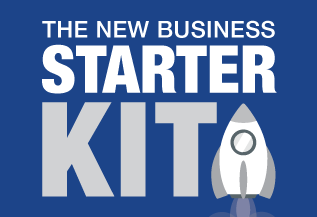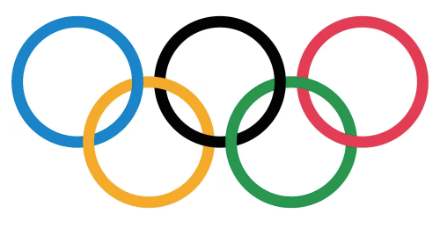Find The Right Loan For You
There are hundreds of home loans available, with new products emerging all the time. The main types of home loans, which form the basis of all the new products, are: variable loans, fixed loans, split loans, interest only loans and low documentation (low doc) loans.
Just a quick note here: The amount of money that you borrow from the bank is called the principal. The bank charges interest on the principal every month for the time period of your home loan. When you make your repayments there is a minimum amount that you must pay. In an “interest only loan”, this just covers the interest the bank is charging you to borrow the money. If you’re able to pay off more than just the monthly interest the principal itself will go down. That means that you owe the bank less money and as a result the amount of interest you need to pay will decrease.
Here’s a snapshot of the main types of home loans.
Variable Loans
Standard variable loans are the most popular home loan in Australia. Interest rates go up or down over the life of the loan. That means that if interest rates fall, then your loan repayments will go down, but also means that if interest rates go up, your loan repayments will increase.
The Reserve Bank of Australia meets every month to decide what to do about interest rates depending on the world economy and Australia’s economy. Often they leave it unchanged. It rises or falls by half a percent at a time, so a rise in interest rates is a slow and gradual process. Even so, be prepared for the difference that a rise in 2 or 3% could cause to you in your loan repayments.
In a standard variable loan your regular repayments pay off both the interest and part of the principal.
Many standard variable loans allow you to make extra repayments to your loan, so you can pay it off faster.
Some standard variable loans have a redraw facility. This means that if your make any additional payments to your loan you can take that money out again if you need to. If you get a bonus payment on your tax return, for example, you can put it into your redraw facility. In the redraw facility that extra money is paying down your loan. If you ever need that money for any reason, you can take it out and use it.
There are also basic variable loans which may have a lower interest rate but not offer the benefits of repayment flexibility and a redraw
facility.
Fixed Loans
In a fixed loan the interest rate is fixed for a certain period, usually between one and five years. This means your regular repayments stay the same regardless of changes in interest rates. At the end of the fixed period, you can decide whether to fix the rate again, at whatever rate lenders are offering at that time, or move to a variable loan.
The benefits of a fixed loan are that it’s easier to manage your household budget because you know exactly how much you need to repay your home loan. You won’t be affected by changes in interest rates at all, whether they go up or down.
A fixed loan may have restrictions on the amount of extra repayments you can make during the fixed period of the loan and if you exit the
loan early you may need to pay a fee.
Split Rate Loans
Your loan amount is split, so one part is variable, and the other is fixed. You decide on the proportion of variable and fixed. You enjoy
the flexibility of a variable loan along with the certainty of a fixed rate loan.
Interest Only Loans
You repay only the interest on the amount borrowed, usually for the first one to five years of the loan. Because you’re not paying off the
principal, your monthly repayments are lower. At the end of the interest-only period, you begin to pay off both interest and principal.
These loans are especially popular with investors who plan to pay off the principal when the property is sold. This is not something that we
would consider suitable for first home buyers.
Low Doc or Low Documentation Loans
Popular with self-employed people, these loans require less documentation or proof of income than most, but often carry higher interest rates or require a larger deposit because of the perceived higher risk for the lender. In most cases, you will be financially better off getting together full documentation for another type of loan.
We’re here to help you
Dealing with banks can be a stressful experience but rest assured that our mortgage broker based in Glenelg who serves the entire Adelaide Metropolitan area can help you make the right decision about your mortgage. We will guide you at every stage of your loan process.
Contact us on 08 8376 0455 or drop into our office at 593 Anzac Highway, Glenelg SA 5045.
Any advice contained in this article is of a general nature only and does not take into account the objectives, financial situation or needs of any particular person. Therefore, before making any decision, you should consider the appropriateness of the advice with regard to those matters. Information in this article is correct as of the date of publication and is subject to change.














